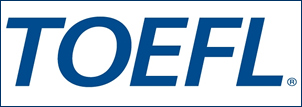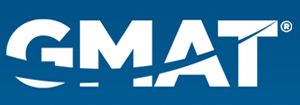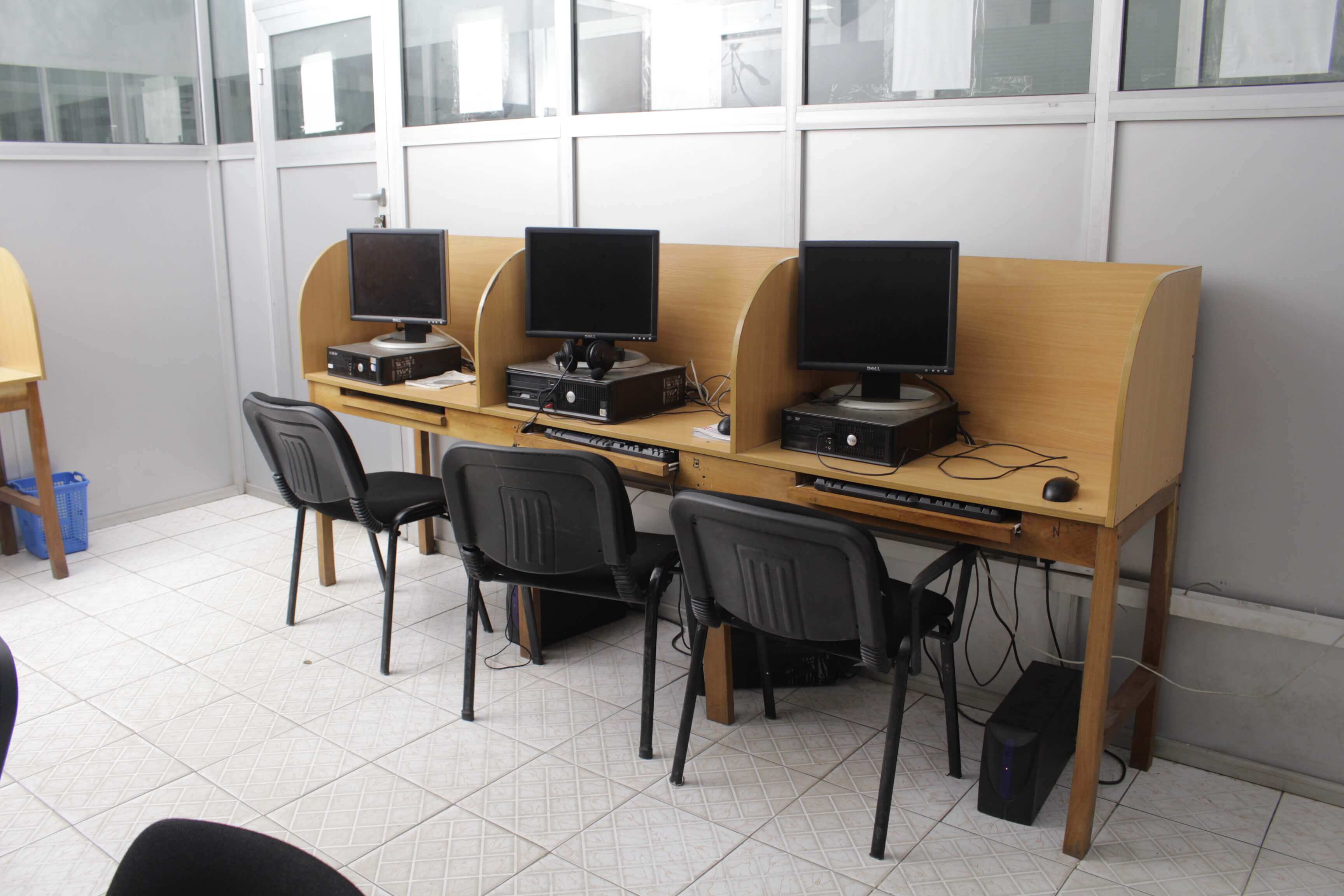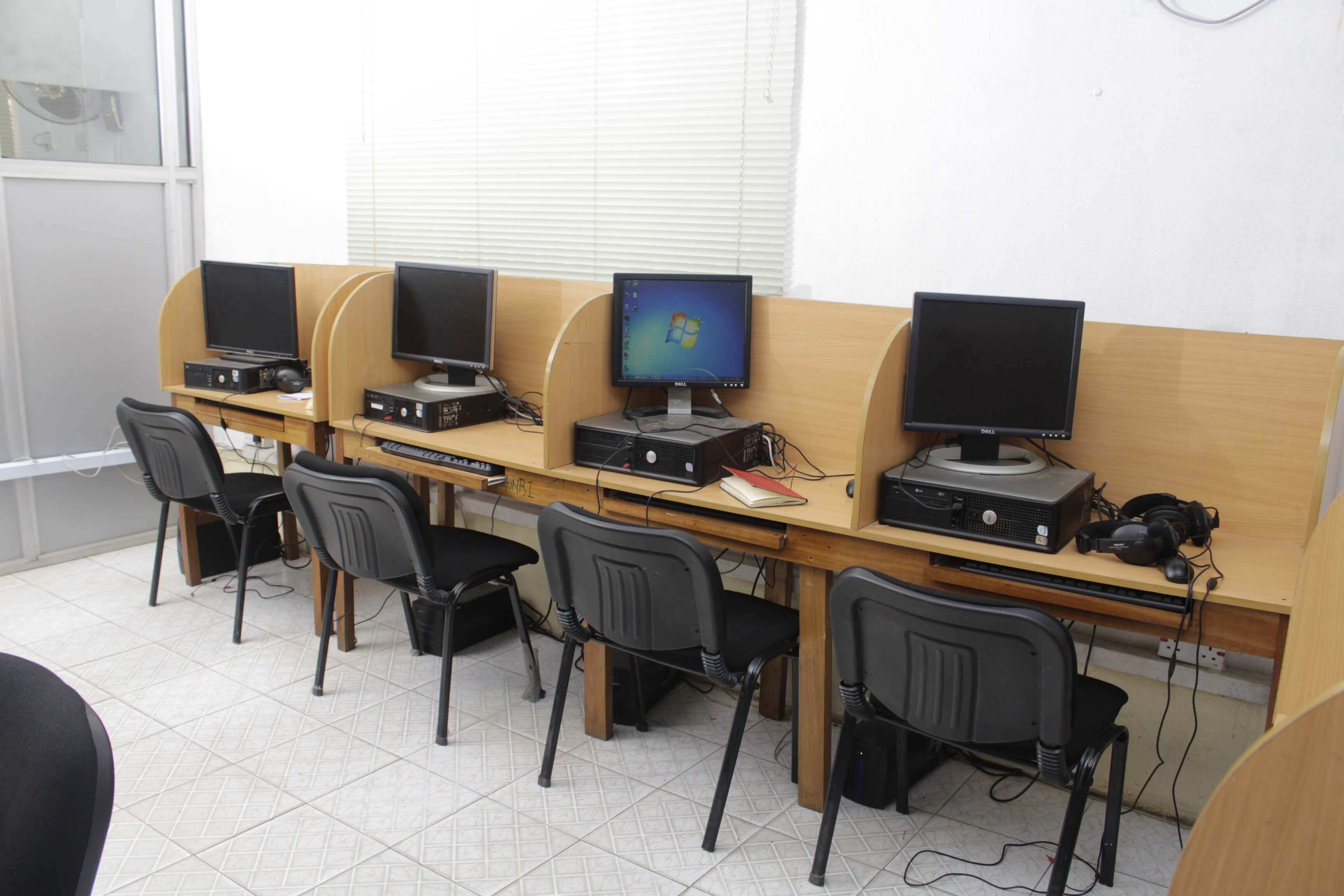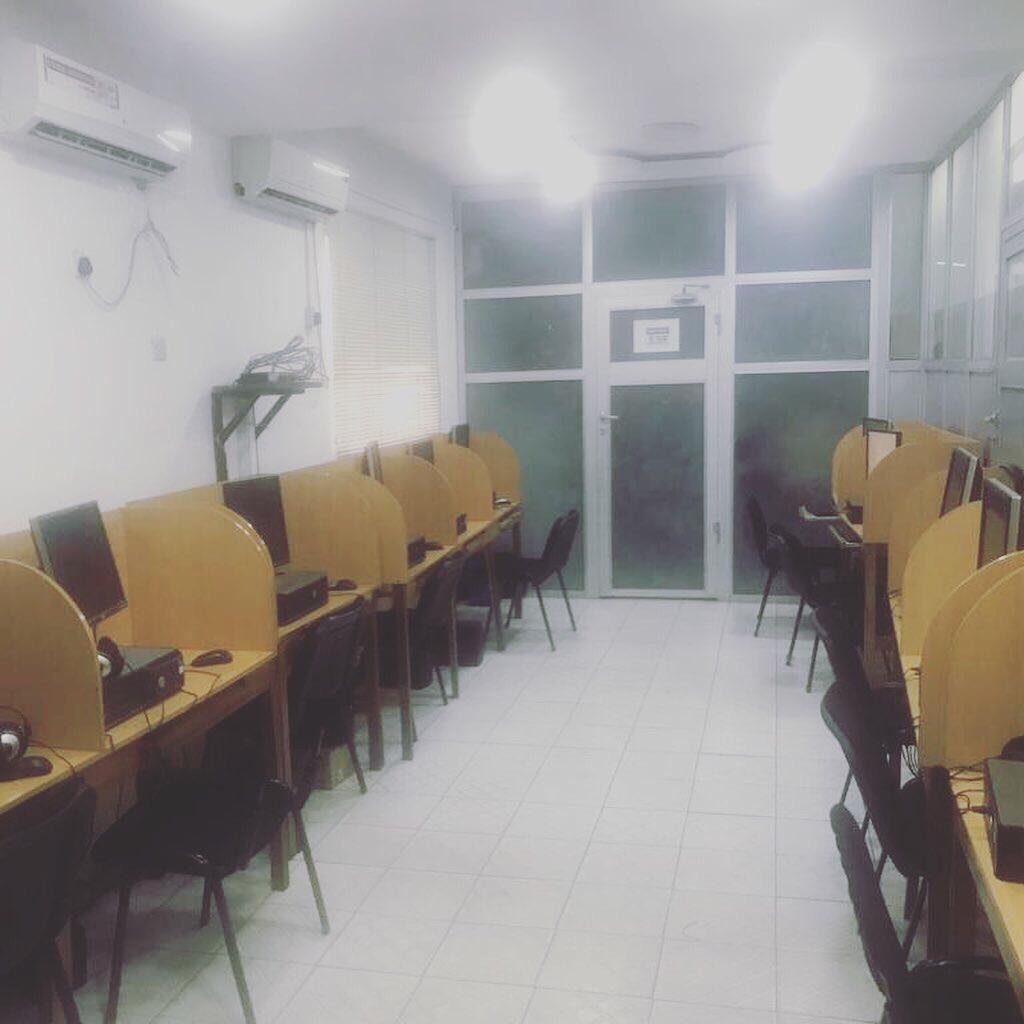Direct Application. How points are been calculated.
Age: 21-31 gets the maximum point, 32-40 gets deducted point while 46 above gets zero points. Educational Qualification. which has different points per level Ph.D., Masters, PGD, BSc.Work Experience which says a minimum of 3 years
Language Proficiency this where your IELTS exam comes to play Listening 8.0, speaking 7.5, Reading 7.0, Writing 7.0.
Adaptability siblings cousins etc.
.Do you even know that Canada has a way of evaluating your IELTS exams? it's done through the CLB Canadian Language Benchmark which ranges from CLB 1 to CLB 12.
Canadian Language Benchmark (CLB) is the national standard used in Canada for describing, measuring and recognizing the English language proficiency of adult immigrants for living and working in Canada. we have CLB1,CLB2,CLB3,CLB4.....CLB12. Typical example if you have a CLB9.. it means you must have attained a score of listening to be 8.0, Reading to be 7.0, writing to be 7.0, speaking to be 7.0 all from your IELTS test exam.
Occupations in Demand
The Provincial Nominee Program allows for some provinces in Canada Express entry for some sort after the occupation in the province for immigrants. These occupations are forecasted to be in demand in Saskatchewan over the next five years. Saskatchewan is one of the most booming provinces in Canada (Google it). if you are interested in immigrating to Saskatchewan through the Skilled International Nominees Program (SINP) here are some of the occupations in demand: Bakers, Computer programmers, technicians, meat cutters, truck & bus mechanics, motor repairers and lot more. you are skilled personnel with certification? or know anyone, this process can be used for easy immigration.
Assess your eligibility
A maximum score of 60points out of 100 is needed to apply under a SINP international Skilled Worker (ISW) subcategory. There are certain areas to determine whether you qualify for an international skilled worker subcategory.
FACTOR 1
Education maximum point you can get is 20 skilled work experience maximum point is 10 Language ability CLB 8 & above 20 The age 22-34 maximum point is 12.
Total point in Factor 1 is 70 points
FACTOR 2
The remaining 30points is determined by two factors
High skilled employment offer from a Saskatchewan employer OID Saskatchewan Express Entry, adaptability; family, siblings, etc
Why is it called Express Entry?
Immigration, Refugees and Citizenship Canada (IRCC, formerly known as CIC) aim to process applications within six months from the date of submission, hence the name Express Entry.
Note that this does not mean six months from the date a candidate made an expression of interest in immigrating to Canada, but rather six months from the date he or she submits a complete application for permanent residence after an invitation to apply has been issued.
Which immigration process are covered under Express Entry?
The Express Entry system applies to the following Canadian economic immigration programs:
the Federal Skilled Worker Class, the Federal Skilled Trades Class, the Canadian Experience Class, and a portion of the Provincial Nominee Programs.
Provinces and territories are able to recruit candidates from the Express Entry system for a portion of the Provincial Nominee Programs in order to meet local labor market needs.
Are there eligible occupation lists for any of the programs under Express Entry?
There are no eligible occupation lists for any of the programs. Under previous versions of the Federal Skilled Worker Class, there were lists of eligible occupations deemed in demand by the government of Canada. Under the most recent version of the Canadian Experience Class, there was a list of ineligible occupations. These lists are no more. It must be noted, however, that in order to be eligible for any of the programs under Express Entry, the candidate needs to have work experience in an occupation that has a National Occupation Classification (NOC) code of skill type 0, A or B.
How do province and territories use the Express Entry System?
All provinces and territories, except for Quebec, Alberta, and Nunavut, currently use Express Entry. Provinces and territories are able to nominate a certain number of candidates through the Express Entry system to meet their local and provincial labor market needs. These are known as "enhanced" nominations. If an applicant gets an enhanced nomination from a province or territory, he or she is then given 600 additional points under the Comprehensive Ranking System (CRS) and will receive an Invitation to Apply (ITA) for permanent residence at a subsequent draw from the pool. All candidates must meet the eligibility criteria of one of the federal economic immigration programs in order to enter and be selected from the Express Entry pool.
Just as they manage their own Provincial Nominee Programs (PNPs), provinces and territories set the criteria they use to nominate Express Entry candidates. Depending on the province/territory, Express Entry candidates may either enter the pool first and then be nominated by a province or territory, or be nominated by a province or territory and then complete an online Express Entry profile. Provinces and territories are also able to make nominations under their regular (“base”) PNPs outside the Express Entry system
Can Candidates use both Provincial Nominee Program and Express Entry?
Yes, there is a connection between the PNPs and Express Entry. Once a candidate updates his or her Express Entry profile to show that he or she has an enhanced provincial nomination certificate, he or she will be given enough additional points (600) to be invited to apply at a subsequent draw of candidates from the pool.
Candidates must be in the pool before applying to a province or territory for an enhanced provincial nomination certificate or submitting an Expression of Interest to a province or territory under one of the enhanced PNP streams.
How long does a candidate have to submit an application if he or she receives invitation to apply for permanent residence?
From the moment a candidate has issued an Invitation to Apply (ITA) for Canadian permanent residence, he or she has 60 days to submit a complete electronic application with all supporting documents. Because of this limited time period, candidates are encouraged to begin collecting these documents and ensuring they are in good order before an ITA is issued. If a candidate misses the 60-day deadline, the ITA that was issued to him or she is no longer valid and he or she will have to re-enter the Express Entry pool. If the information provided by the potential candidate turns out to be false, this is known as misrepresentation and, depending on the nature and severity of the false claim, carries penalties. A potential candidate who has been found to have provided false information going into the Express Entry pool can be banned from re-entering the pool for five years. Therefore, it is hugely important to provide accurate and correct information always
Do candidates needs to take language test?
Yes, all candidates need to take a language test in order to determine their language abilities. There are a set number of points available for language ability for each of the economic immigration programs that come under Express Entry, and ability must be proven by candidates taking a standardized language test approved by Immigration, Refugees and Citizenship Canada (IRCC, formerly known as CIC). The most popular are IELTS, CELPIP for English and TEF or TCF Canada for French.
As part of their Express Entry profile, candidates must submit valid language test results obtained in the past two years. Once a candidate enters the Express Entry pool, he or she can earn extra points and increase his or her rank by taking another language test and obtaining better results. As of June 6, 2017, additional points are also available to candidates who prove French language ability in addition to English language ability.
Are candidates required to get an Educational Credential Assessment ?
An ECA is required for candidates in the Express Entry pool who wish to be considered for draws related to the Federal Skilled Worker Class unless they received their post-secondary education in Canada. For candidates who are hoping to apply to the Federal Skilled Trades Class or Canadian Experience Class, an ECA is optional but may increase the points they receive on the Comprehensive Ranking System (CRS) and improve their chances of being drawn from the pool.
Does candidate needs a job offer in other to immigrate to Canada under Express Entry?
Not necessarily, though the fact that Canadian employers play a greater role in Canadian immigration under Express Entry than they did previously means that, for many candidates, obtaining a valid job offer from a Canadian employer significantly increases their chances of being invited to apply for Canadian permanent residence. Candidates in the Express Entry pool have the opportunity to increase their chances of being invited to apply by promoting themselves directly to employers.



